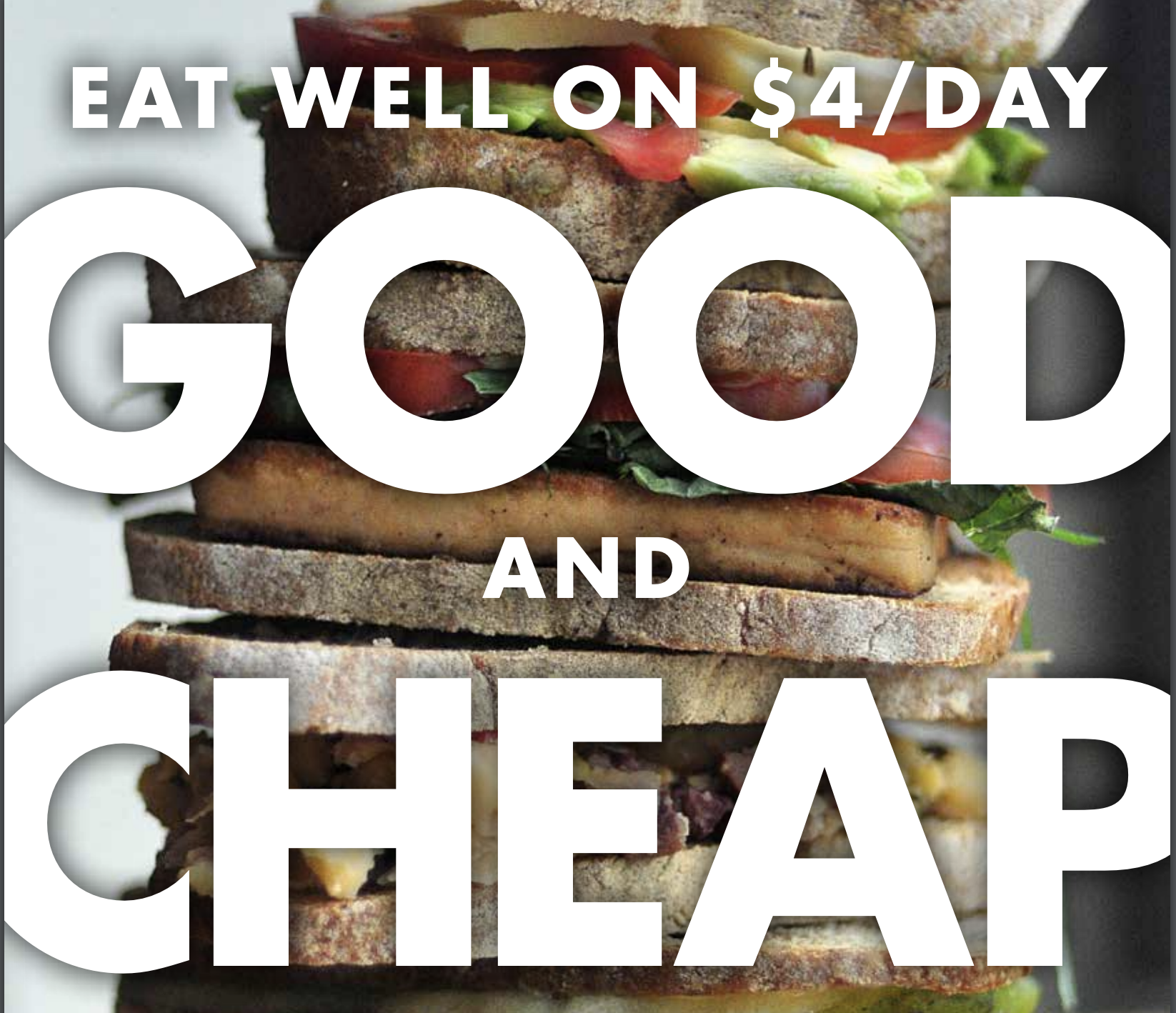Article/Presentation Topic Suggestions Welcome!
Foodie Friday: Alcohol and the Body
On 4/3/2020, the NECC had its first virtual presentation, titled "Alcohol and the Body" for April's Alcohol Awareness Month. If you weren't able to attend, the presentation was recorded and is available through this link:
https://ensemble.itec.suny.edu/Watch/alcoholandthebody
Nutrition and Immunity Webinar Available
4/17/2020
A new presentation is available from the NECC! Please join us and listen to this recorded webinar about Nutrition and Immunity. In light of the COVID-19 pandemic, it is even more important to take care of ourselves and ensure our body is in optimal shape to have a fast and appropriate immune response. Link below!
https://ensemble.itec.suny.edu/Watch/nutritionandimmunity
The benefits of good habits during the COVID-19 Pandemic
Carol DeNysschen, PhD, MPH, RD, FAND
4/18/2020
Many people during the COVID-19 pandemic are struggling with what information to follow when it comes to healthy behavior practices during this public health crisis. While social distancing and good handwashing are obvious virus containment habits, the other practices that people can incorporate are healthy eating and physical activity (as per physician approval). So how can eating healthy help lower the risk of the virus?
Let’s begin by saying there are currently no known cures for COVID – 19. There are no tested supplements or food that will prevent or cure this virus, therefore, be an informed consumer. Untested supplements can be dangerous to your health.
Eating natural foods that are nutrient-dense (contain a lot of nutrients such as vitamins/minerals) that are rich in antioxidants (Vitamin A, C, E), provide your body with nutrients that enhance your immune system. Brightly colored fruits and vegetables generally are the best selections. The recommendation of 5 servings of fruits and vegetables daily stands strong to this day.
Another recommendation - this is not the time to start a “fad” diet. What do we mean by “fad” diet? A fad diet will often focus on a particular food(s), such as grapefruit, cabbage or apple, and exclude other foods or food groups. This recommendation often leads to a decreased variety of food in the diet. Many fad diets end up eliminating major nutrients and have you purchase supplements to make up for missing nutrients or for nutrients that you don’t need to supplement.
Two rules- #1- if you are looking to eat healthily, you should not be spending $$ on extra vitamin supplements; #2 – you should eat foods you enjoy that are the least processed (so, yes, put down the Oreo’s and choose some strawberries or put down the baked brownie and enjoy some unsweetened yogurt with berries!)
Let’s talk physical activity, which can have a preventative effect (“Exercise is medicine”). First, ensure your physician provides approval for a physical activity plan. Next, choose something you enjoy, social distancing, of course! Not only are there a multitude of studies to support how physical activity can improve one’s attitude (and we all need that during these trying times) but it helps manage weight gain which can be impactful in preventing inflammation bearing chronic diseases, such as diabetes, hypertension (high blood pressure) and chronic kidney disease. COVID-19 has more negative complications in inflammatory disease(s), such as those mentioned.
Simple facts:
-
Roughly 46% of adults have prediabetes, without physical activity and weight loss, this often turns into Type II diabetes.
-
Being overweight increases your risk of high blood pressure, heart disease and more than a dozen cancers including colon, breast, gallbladder, pancreas.
-
A meta-analysis of up to 20 studies, correlated those consuming 3 cups of vegetables a day with nearly 30% lower risk of heart disease and stroke (Int J Epidemiol. 46:1029, 2017).
-
Top foods rich in antioxidants: berries, red cabbage, beets, winter squash, apricots, spinach, tomatoes, bell peppers, broccoli.
-
Sensational research studies (“If it’s too good to be true, it just may not be true”)
-
Big news breakthroughs – journalists often jump on preliminary research studies because it can boost their readership scores. Be cautious with preliminary studies. Look at the number of subjects/participants, animal or human studies, randomized controlled studies are the best.
-
Check who funded the study being reported, there should be no correlation with the researchers (ie – meat industry-sponsored studies on red meat)
-
-
Energy drinks – be cautious with caffeine-containing energy drinks. They are often loaded with sugar and caffeine. Remember that if you are tired, it means you aren’t getting enough rest. Studies have shown a relationship between lack of sleep and difficulty with weight loss on overweight persons. You certainly don’t need to feel any more anxious, or stressed, during these times.
-
You save 330 calories by consuming a Starbucks Skinny mocha drink versus a white chocolate mocha with whipped cream (470 calories) - grande.
-
Ingredients are listed in descending order on food labels. Those with the largest amounts are listed first.
-
Salad dressings can pack “a punch” when it comes to calories (and fat). 1 tablespoon of ranch dressing contains 145 calories and since the average salad can contain up to five tablespoons of dressing, this can add over 700 calories to a healthy salad. Try balsamic vinegar or Italian dressings instead.
-
Dried fruits like raisins and apricots can be calorie-dense. 1 small box (1.5 ounces) of raising contains 129 calories. Opt for fresh and you will be apt to eat less and feel fuller.
-
Movie theater popcorn – watch out! A medium popcorn at the theater can add up to 600 – 700 calories (depending on the butter added). You may think that popcorn is healthy and low fat but that is if you make it yourself (without the butter) or purchase lite-microwave popcorn
New webinars available!
The NECC has created 2 new webinars for you to learn about Nutrition and Immunity as well as how to De-Stress with nutrition. The links may be found below:
Nutrition and Immunity:
https://ensemble.itec.suny.edu/Watch/nutritionandimmunity
De-Stress with Nutrition
https://ensemble.itec.suny.edu/Watch/Destresswithnutrition
Looking for budget-friendly recipes? Look no further!
Leanne Brown has created a cookbook called "Good and Cheap" that is available for a free download! It is an 89 page book that includes chapters such as: Breakfast, Soups, Salads, Snacks, Sides & Small Bites, Handheld, Dinner, and much more! She focuses her cookbook on averaging about $4 a day and states:
"I designed these recipes to fit the budgets of people living on SNAP, the US program the used to be called Food Stamps. If you're on SNAP, you already know that the benefit formulas are complicated, but the rule of thumb is that you end up with $4 per person, per day to spend on food."
To hear more, the introduction has a lot of good information about how the recipes were created and the research she put into them! This is a great resource for campus life, or post-graduation life when funds are running low!
Link found here: https://www.leannebrown.com/cookbooks/



